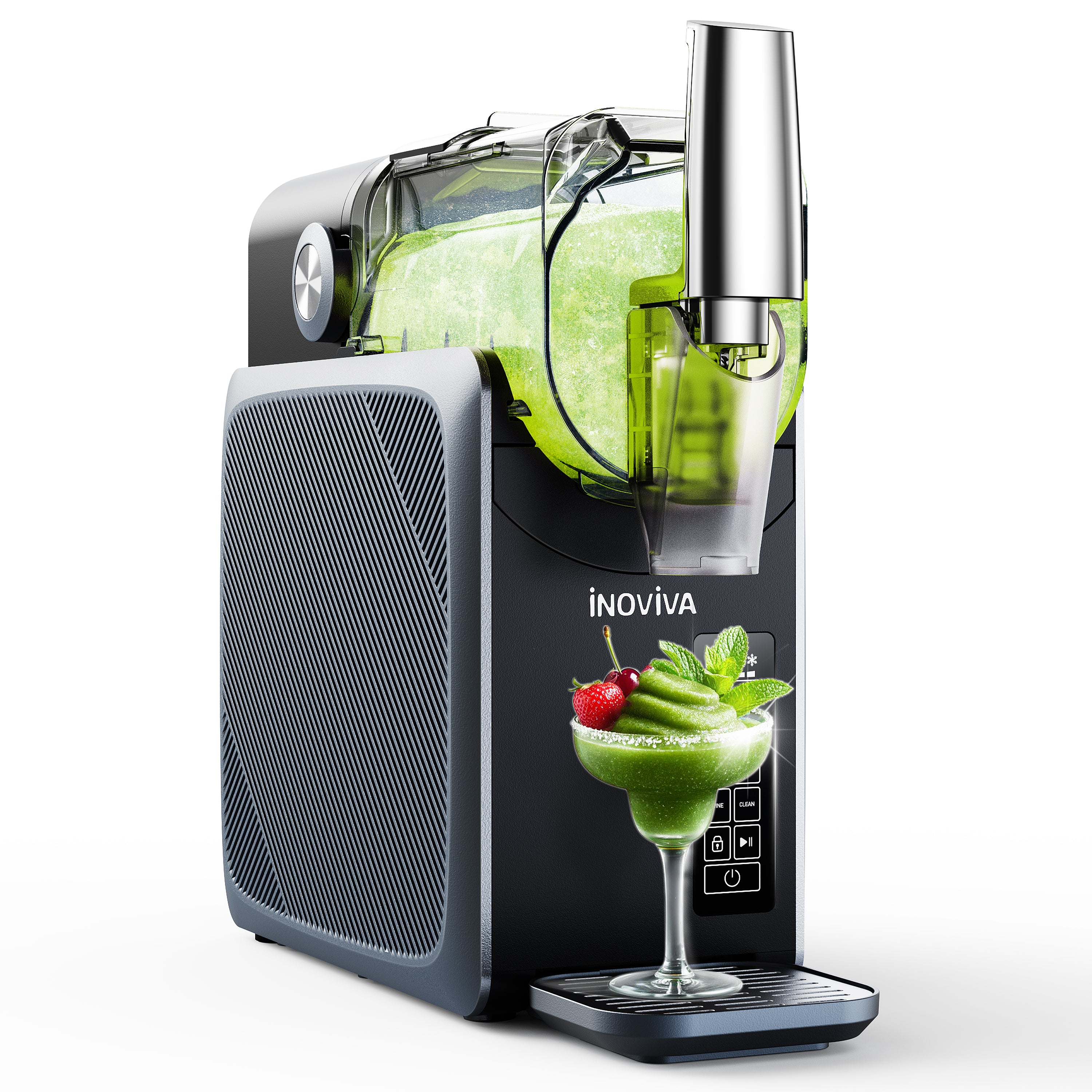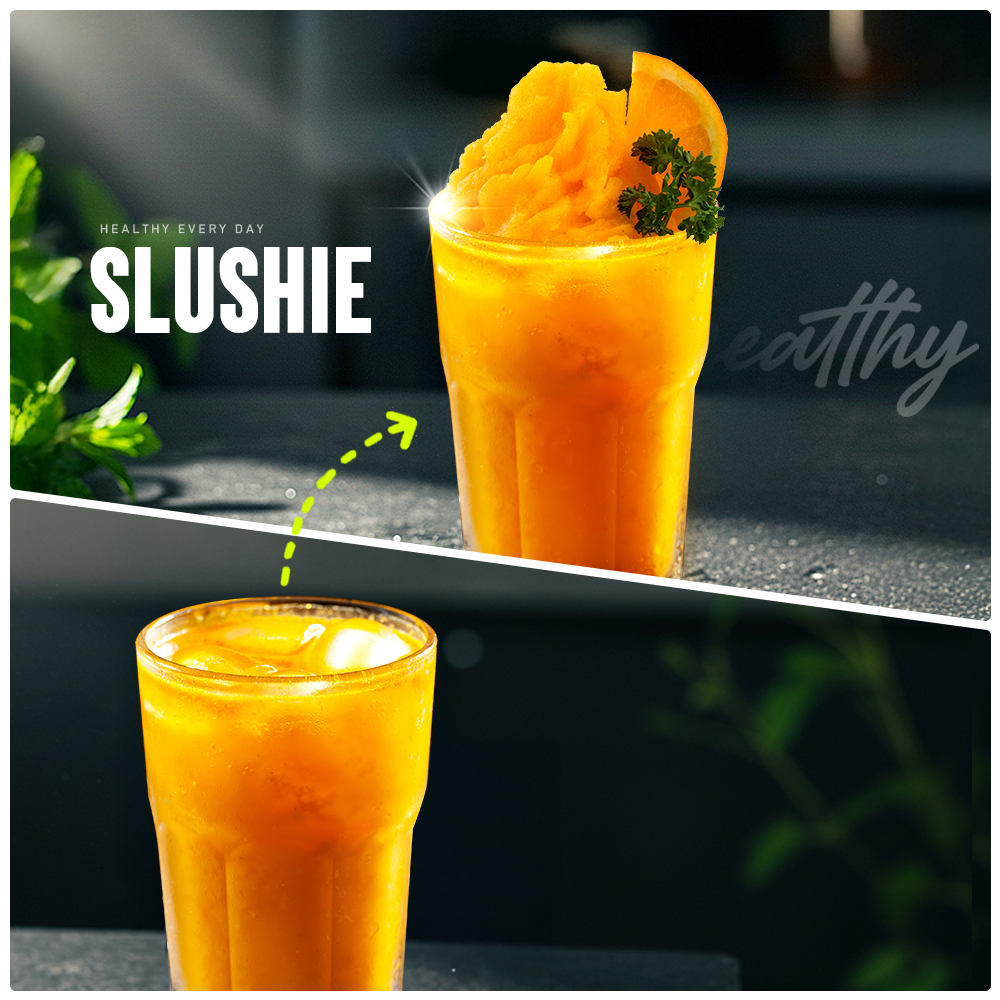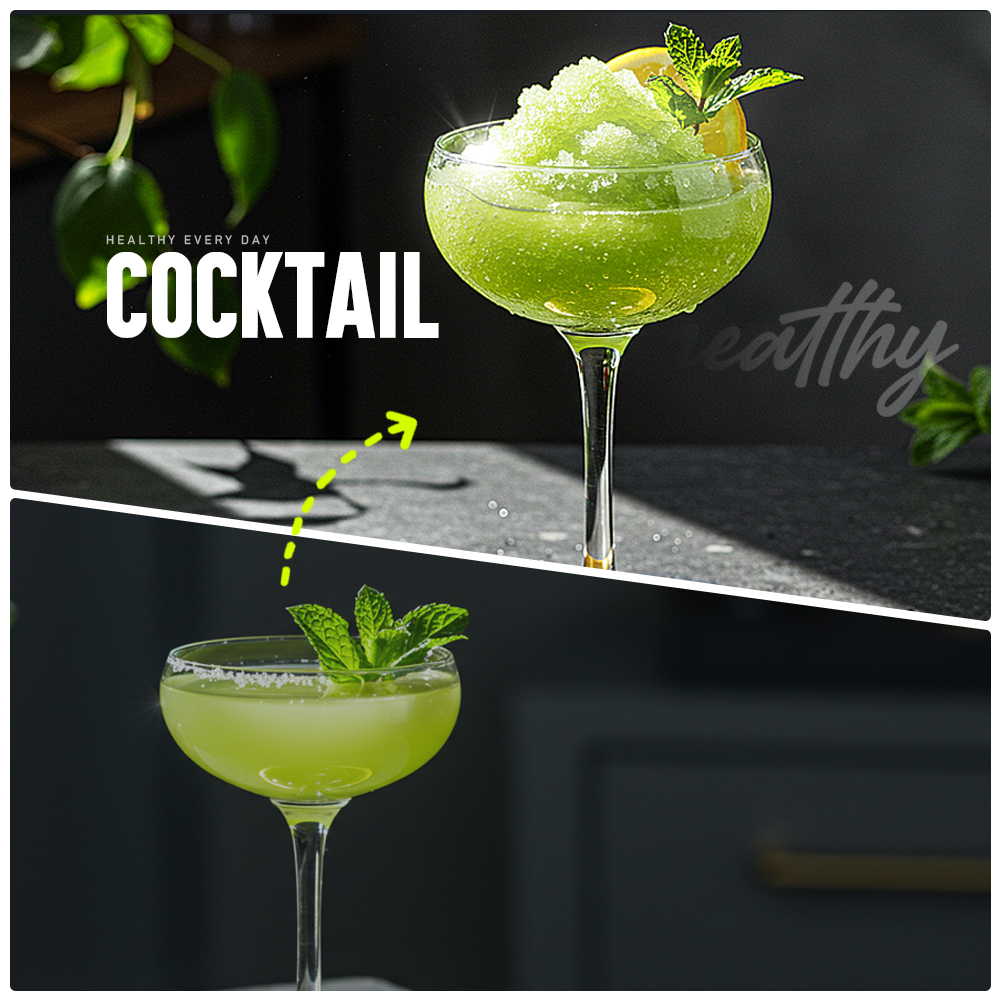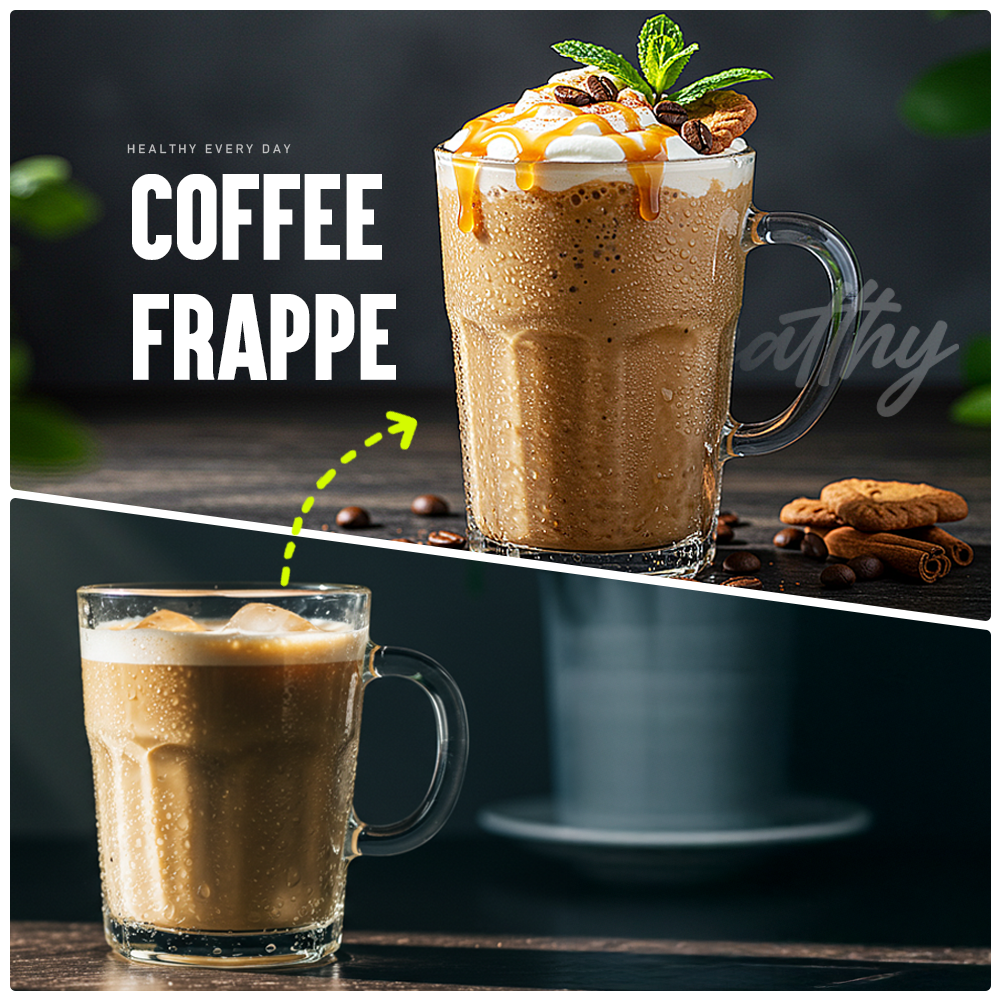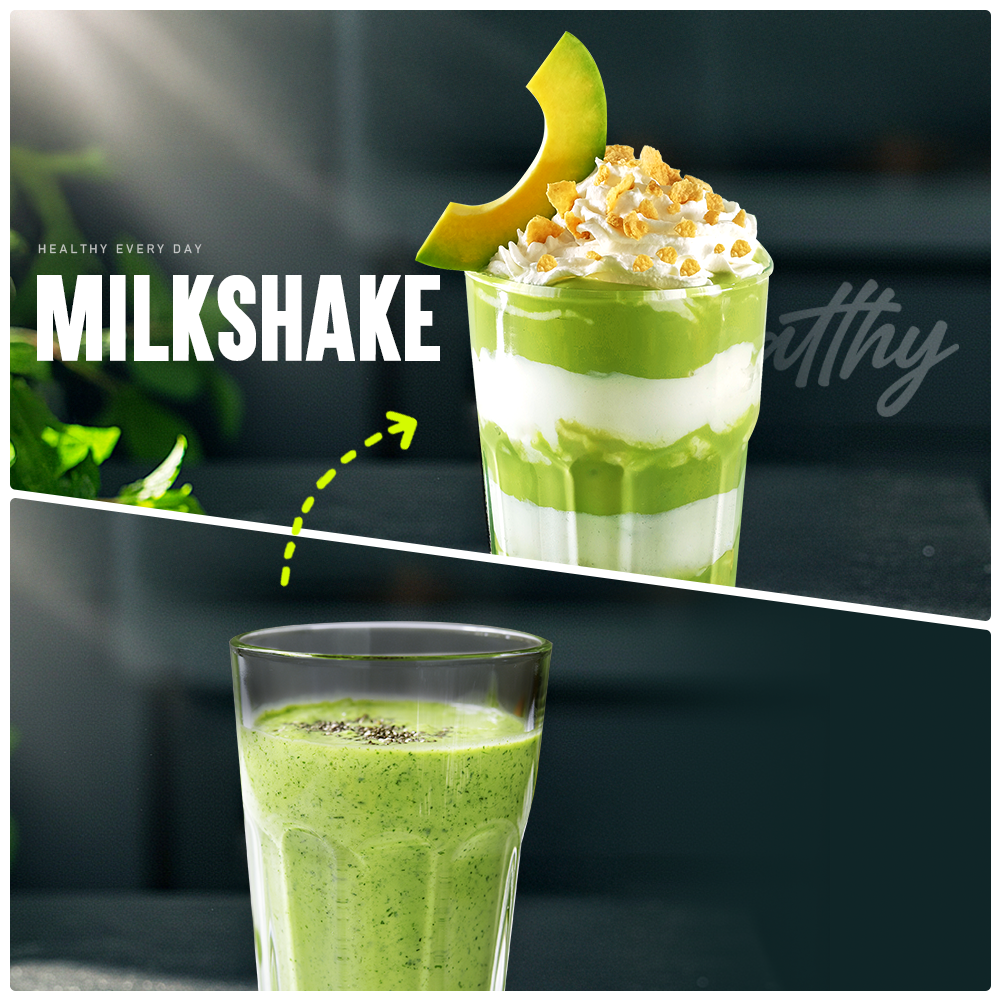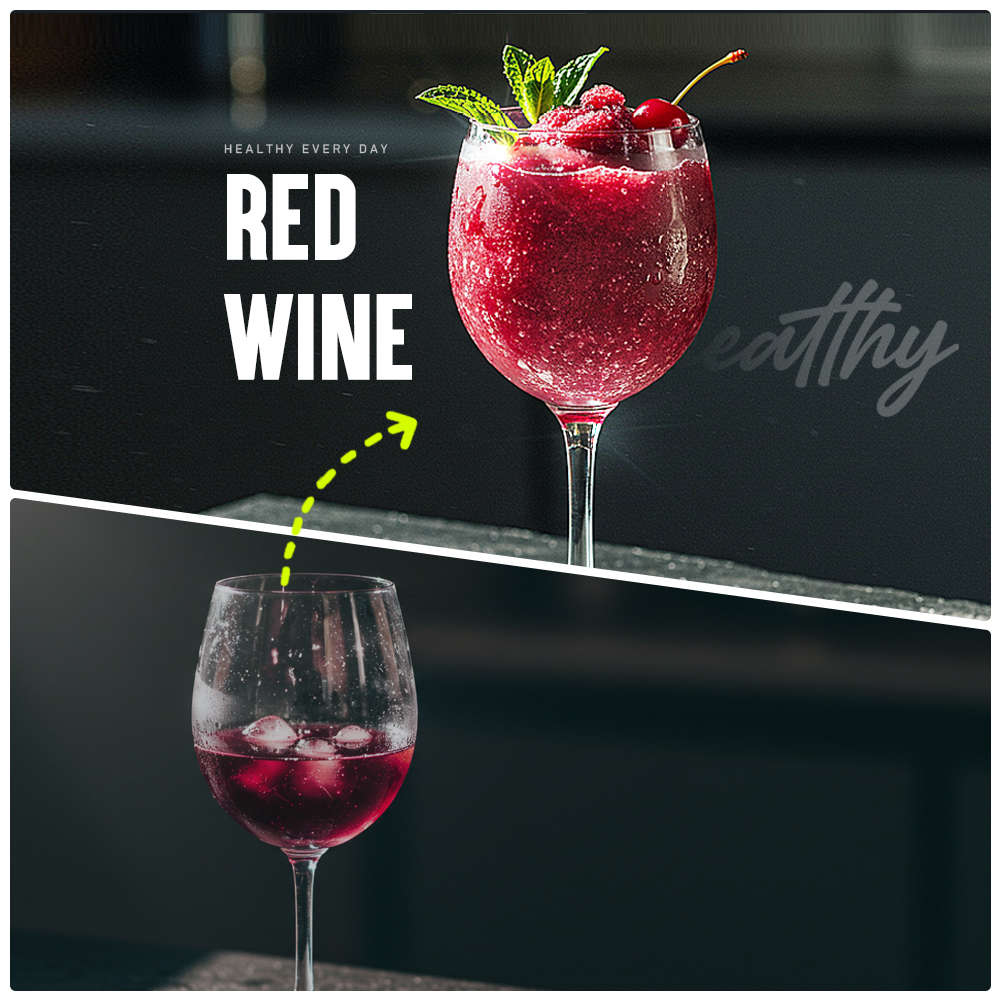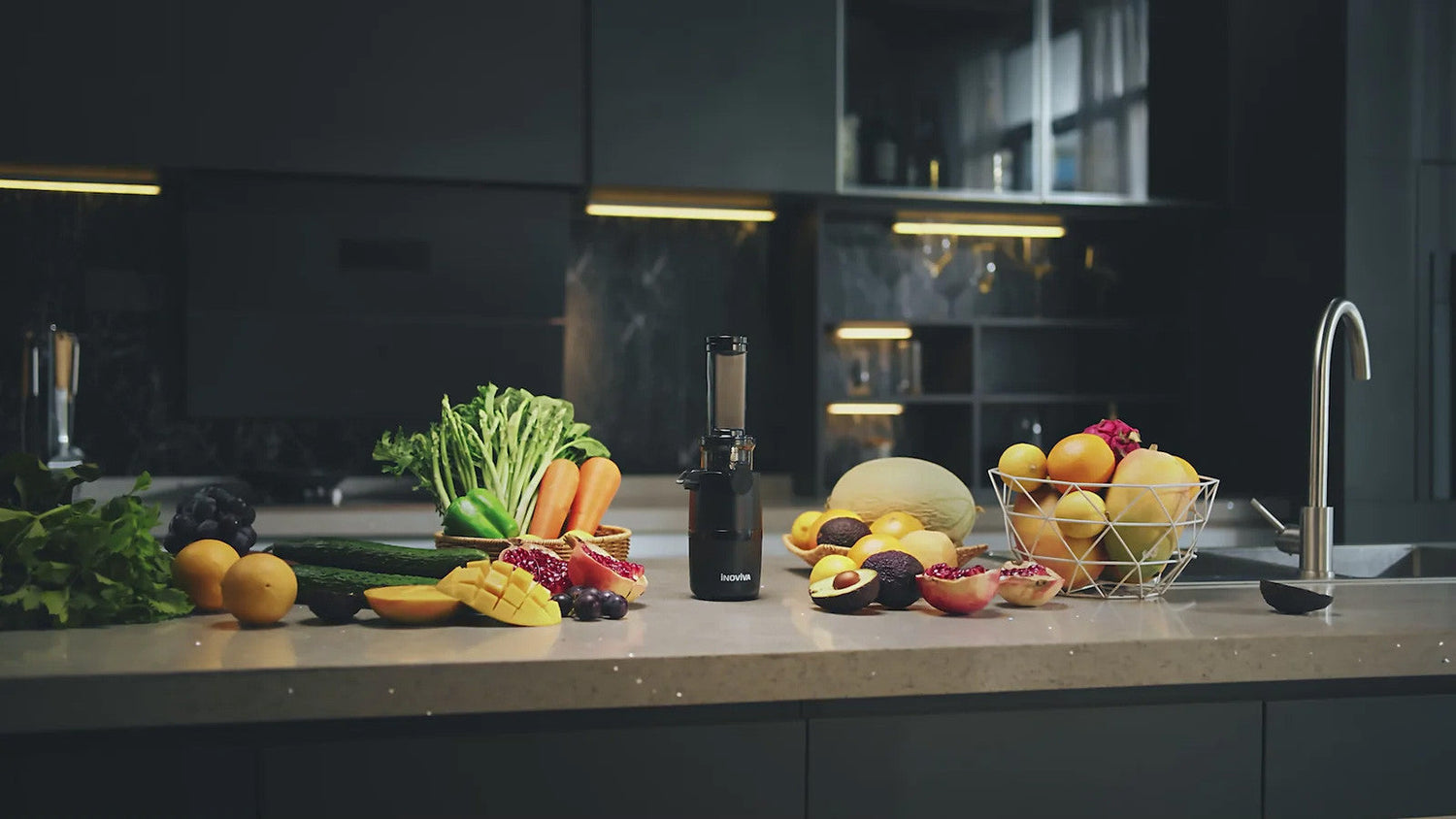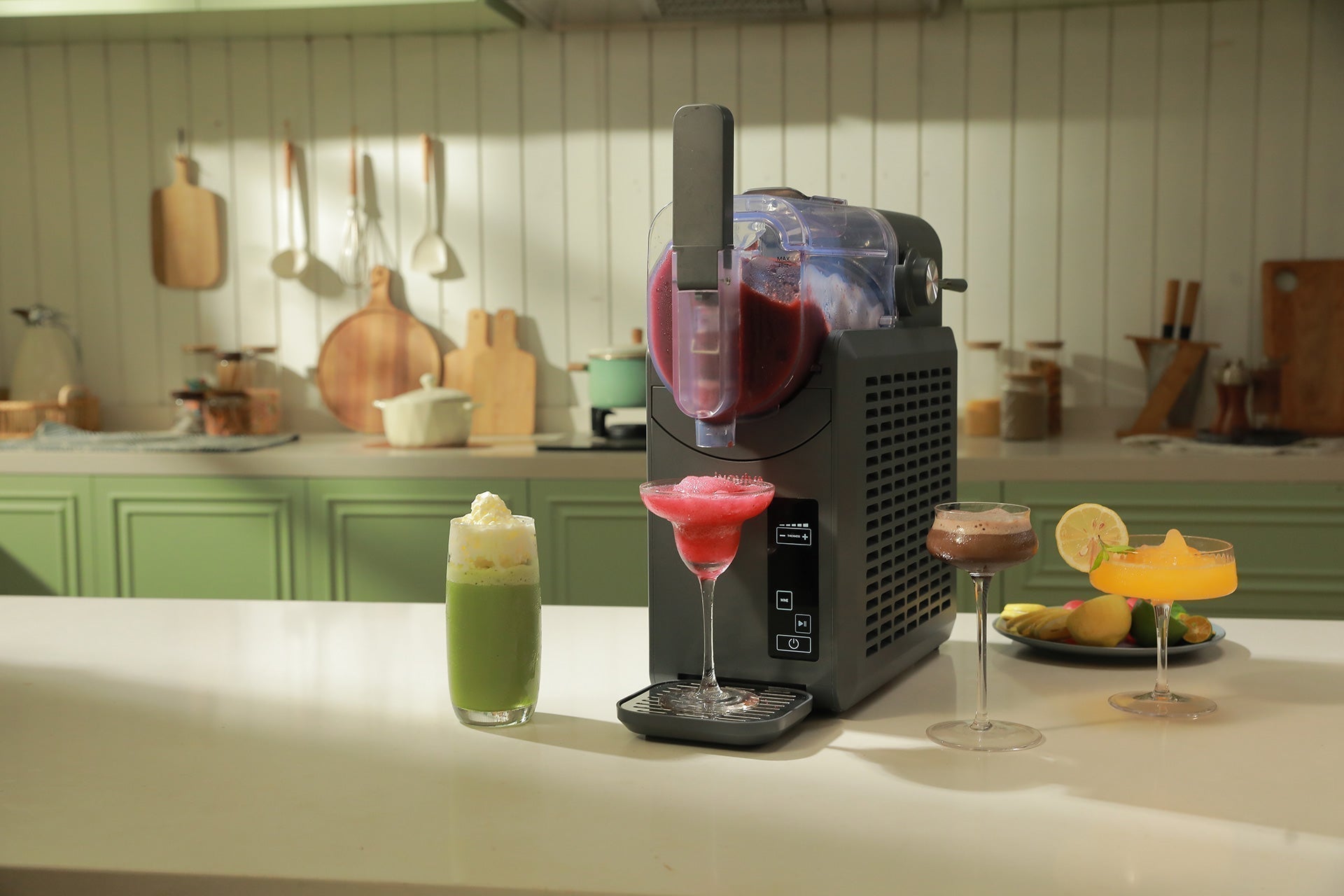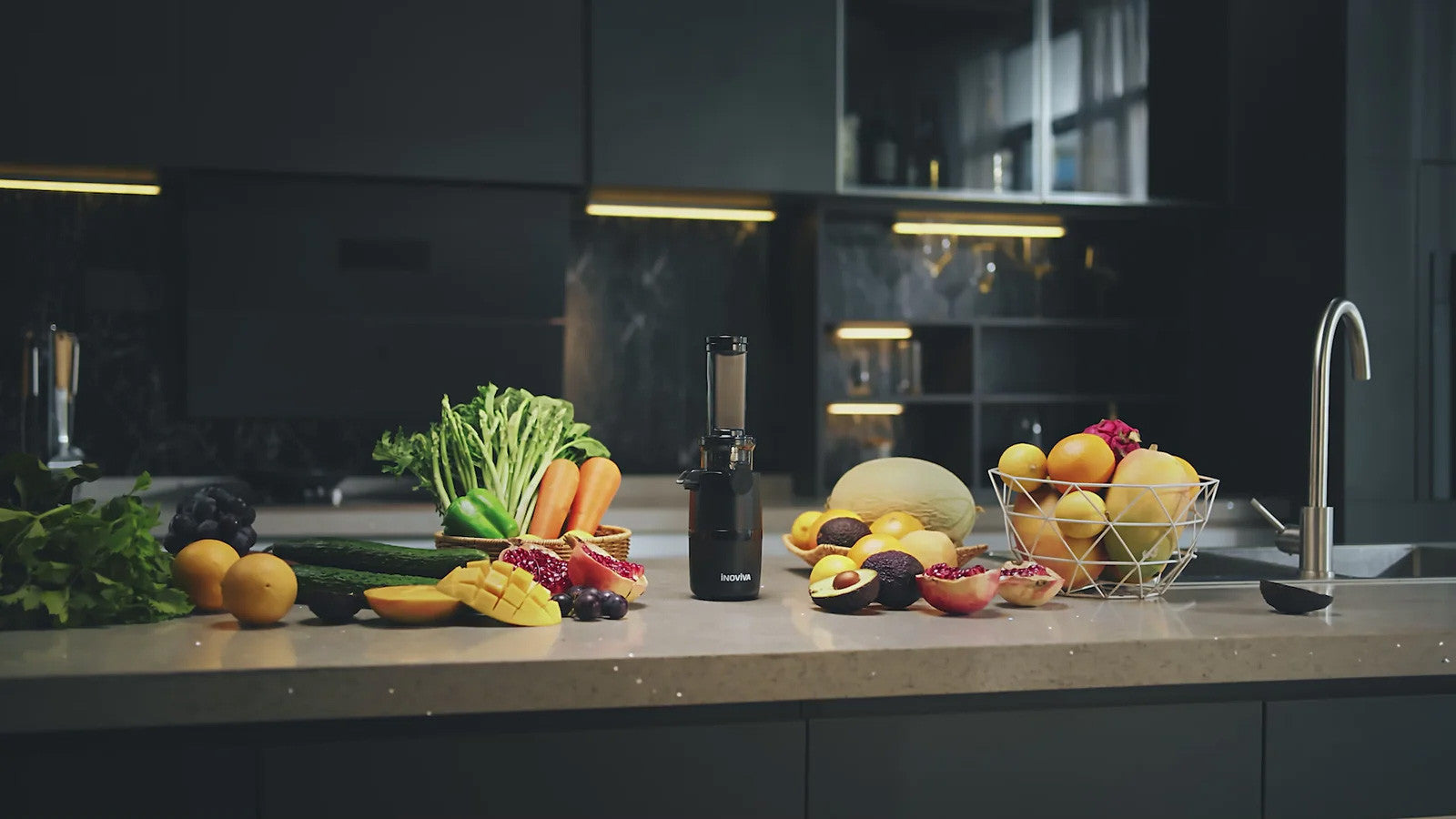Juicing has recently skyrocketed in popularity and it’s celebrated for its health and wellness perks. Whether you’re hosting a backyard hangout, chilling over video games, or just looking for a way to elevate your daily hydration, freshly made juices are the ultimate summer indulgence.
But here’s the secret: not all juicers are created equal. Choosing the right one can make all the difference in flavor, quality, and overall experience. In this guide, we’ll dive into the key differences between cold-press and slow juicers. Let’s explore which one suits your lifestyle best.

What is a Juicer and How Does it Work?
A juicer is an electric appliance designed to extract juice from fruits and vegetables. It separates the liquid from the pulp, preserving valuable nutrients and flavors, and allows the juice to flow directly into your glass. Here are three key benefits of juicing:
- Nutrient Preservation: Juicers help minimize oxidation and efficiently extract vitamins, minerals, and antioxidants from fruits and vegetables, promoting optimal absorption for better health.
- Detoxification: Drinking juices made from your favorite fruits and vegetables can aid detoxification. Juicing helps flush out toxins, provides hydration, and distributes antioxidants throughout your body, cleansing and revitalizing it.
- Convenience and Great Taste: Juicing offers a quick and portable way to enjoy the flavors of fresh produce without having to search for boxed juices. The taste is often as if the crops were harvested straight from the farm and brought to your table.
Cold Press vs Slow Juicers
When it comes to juicing, selecting the right type of juicer is crucial for achieving an ideal blend of taste and nutrition. Two of the most popular options are cold press juicers and slow juicers. Each provides distinct benefits to accommodate different lifestyles and needs.
What is a Cold Press Juicer?
Cold-press juicers produce juice using the equipment’s hydraulic press, extracting juices from fruits and vegetables. They differ from other methods, such as those using centrifugal forces or an angle auger.
Key Features
The finest cold press juicers are equipped with slow, masticating blades that gently crush fruits and vegetables to extract their juices. Unlike a blender, which can create heat from friction, these blades work smoothly to preserve all those wonderful nutrients. This design helps keep essential vitamins, enzymes, and antioxidants within the drink.
A great cold press juicer should produce a generous amount of juice. It should also ensure a delightful texture and fresh flavors regardless if you’re juicing fruits or vegetables. Achieving a high juice yield is so important for fulfilling your body's nutritional needs.
The best cold press juicers can effortlessly handle a variety of ingredients—from leafy greens to hearty nuts and tough produce. This versatility allows you to whip up delicious, nutrient-packed juices using everything from almonds to carrots to kale. Plus, these juices are made in a way that maximizes their nutritional benefits. They’re perfect for even the pickiest eaters like kids.
Benefits
- They preserve all the nutrients and enzymes by keeping heat and oxidation to a minimum.
- They work quietly, so they won’t disturb your kids or guests.
- They create juice that stays fresh and enjoyable for up to 72 hours.
Who It’s Best For
Cold press juicers truly shine for health-conscious juice lovers who care about getting the best quality. They do an amazing job of preserving all the essential nutrients, enzymes, and antioxidants. This ensures a delicious taste and all the wonderful benefits that come from natural ingredients.
What is a Slow Juicer?
Unlike traditional juicers that do all the work for you, slow juicers require a bit more of your effort. The key feature of these juicers is that they don’t have an auger to crush and pulp the ingredients. Instead, you get to chop up your favorite fruits or vegetables before putting them in the cold press, similar to how you would use a blender. Then, a hydraulic press does the magic of squeezing out all the delicious juice
Key Features
The slower extraction process helps minimize heat and oxidation, meaning that nutrients and enzymes are lovingly preserved. This allows you to enjoy the full juice yield, delightful flavor, and high quality of the raw ingredients.
A slow juicer is versatile and can take on all kinds of produce, including:
- Pineapples
- Beetroots
- Celery stalks
- Apples
- Cucumbers
- Spinach
- Carrots
- Oranges
- Grapes
- Melons
- And so much more!
For those living in cozy places like studios or apartments, slow juicers are a fantastic choice. They are space-efficient and easy to store. This makes them perfect for small kitchens without compromising on function and output.
Making juice with a slow juicer may take more time, but it's straightforward. Even beginners can easily extract delicious juices from their favorite fruits and vegetables.
Benefits
- They're budget-friendly and super accessible for everyday juicers and home cooks alike.
- They're incredibly easy to clean. Your juicing experience is all the more enjoyable.
Who It’s Best For
Slow juicers are ideal for beginners and budget-conscious homemakers seeking a cost-effective way to create healthy beverages without hassle.
Key Differences Between Cold Press and Slow Juicers
| Points of comparison | Cold press juicers | Slow juicers |
|---|---|---|
| Speed | Faster than slow juicers | Even slower (slower extraction) |
| Yield | High yield, maximizes juice | Good yield, but slightly lower produce |
| Noise | Quiet | Quieter than cold press |
| Ease of cleaning | Requires more effort to clean | Very easy to clean |
| Costs | More expensive than slow juicers | More affordable than cold press juicers |
Cold press and slow juicers are quite similar. Both use a gentle process at a controlled speed to carefully extract juice while preserving nutrients.
While it's true that these machines usually come with a higher price tag and take a bit longer to work their magic compared to centrifugal juicers, finding the right brand can really help you achieve the delicious results you're after.
A cold press juicer is often celebrated for its exceptional quality, although it might be pricier than a slow juicer. On the other hand, a slow juicer is a bit more convenient and wallet-friendly but may not keep your juice fresh for as long. So, take your time and choose wisely.

How to Choose the Right Juicer for You
Whether you’re a daily juicer or someone who only whips out the juicer for weekend brunches, choosing a juicer that fits your home not only enhances your healthy lifestyle but also complements your home decor here are the key factors to consider before making your decision:
- Budget: Cold press juicers are an investment, offering top-tier juice quality and nutrient retention. If you’re looking to splurge on a premium experience, they’re worth every penny. On the other hand, slow juicers are often more budget-friendly. While they still deliver excellent results, it’s a great choice for beginners or casual users.
- Type of Produce: If you’re passionate about leafy greens like kale or spinach, a cold press juicer is the way to go—it extracts maximum juice with minimal waste. Slow juicers are versatile all-rounders. These machines can work with everything from juicy oranges to dense carrots.
- Frequency of Use: If juicing is a daily ritual or part of your food business, a cold press juicer offers efficiency and durability for high-volume use. If you want something for everyday use or convenience, a slow juicer provides a simpler, more compact solution.
- Space and Storage: Cold press juicers tend to be larger and require dedicated counter space. If space is at a premium, a sleek, compact slow juicer might be your best bet.
Care and Maintenance Tips for Your Juicer
Taking proper care of your juicer not only extends its lifespan but also ensures that it consistently delivers the best results. Here’s a quick guide to keeping your juicer in top shape:
- Clean your juicer both before and immediately after each use. This prevents residue buildup and keeps the components fresh for the next juicing session.
- Always unplug the machine before cleaning, and carefully disassemble all removable parts to make the process thorough and safe.
- Rinse every part of your juicer under running water, ensuring no pulp or juice residue lingers. Use a small brush to reach tight crevices if needed.
- Don’t overlook the juicer’s base. Sticky residues can accumulate, so wipe it down with a damp cloth after each use to maintain its pristine condition.
- Soak plastic components overnight in warm water with a bit of baking soda or lemon juice to eliminate odors and prevent discoloration, keeping your juicer looking and smelling fresh.
By following these simple yet effective tips, you’ll preserve your juicer’s performance and enjoy fresh, delicious juices for years to come.
Conclusion
Ultimately, the choice between a cold press juicer and a slow juicer hinges on your kitchen’s needs. For larger quantities of produce, a cold press juicer is ideal, whereas a slow juicer is perfect for a casual healthy drink.
Inoviva takes the guesswork out of choosing the right juicer with a range of high-quality options. Explore our catalog today! Start crafting delicious beverages that make every sip worthwhile.


